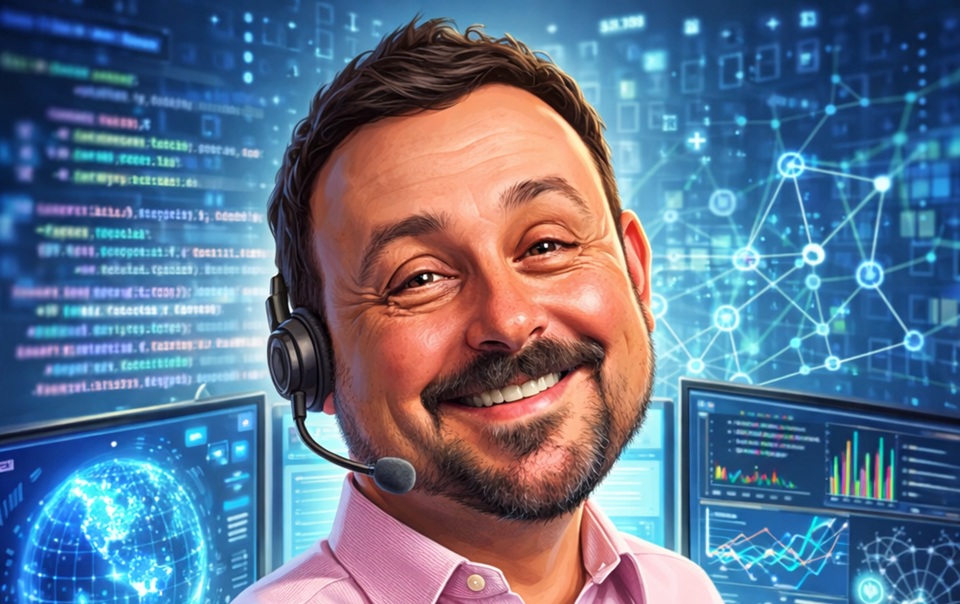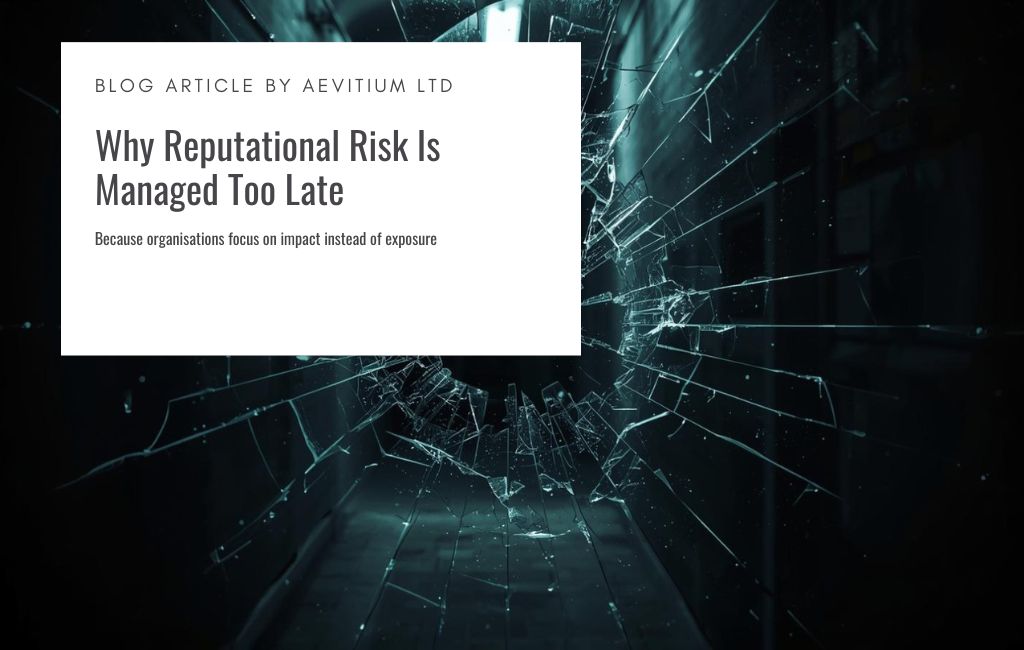
Artificial Intelligence is rapidly becoming more advanced. One of the organisations working on AI is OpenAI; the not-for-profit artificial intelligence research organisation co-founded by Elon Musk. Last week, they produced a
paper demonstrating the progress they have made on predictive text software.
The AI that they developed, called GPT2, is so efficient in writing a text based on just a few lines of input, that OpenAI decided not to release the comprehensive research to the public. Out of fear of misuse of the tool. Already, GPT2 has been described as the text version of
deep fakes. Should we now be scared? Not yet. Should we be cautious? Definitely.
A journalist from The Guardian got access to the system and was allowed to play with it. As
Hannah Jane Parkinson described, the AI system developed is “so good it had me quaking in my trainers when it was fed an article of mine and wrote an extension of it that was a perfect act of journalistic ventriloquism”.
The Problem of AI-Assisted Text writing?
AI such as GPT2 is only the beginning. When AI-assisted fake porn arrived at the end of 2017, we could have known that an AI-assisted fake text would not be far away. GTP2 was trained on a dataset of 8 million web pages. With approximately 1.8 billion websites available, this is a relatively small training set. Despite that, the
system has become capable of producing reasonable samples for 50% of the time.
To continue reading, please click
here.
By Dr Mark van Rijmenam
Keywords: AI, Digital Transformation

 Why smart builders ship great products and still struggle to generate revenue
Why smart builders ship great products and still struggle to generate revenue The Mean and the Margin: When Intelligence Is Trained on the Average, Who Does It Forget?
The Mean and the Margin: When Intelligence Is Trained on the Average, Who Does It Forget? Governing Reputational Exposure Before It Becomes Impact
Governing Reputational Exposure Before It Becomes Impact Why Governance Needs Two Standards of Rigor
Why Governance Needs Two Standards of Rigor The First Step in Succession Planning
The First Step in Succession Planning